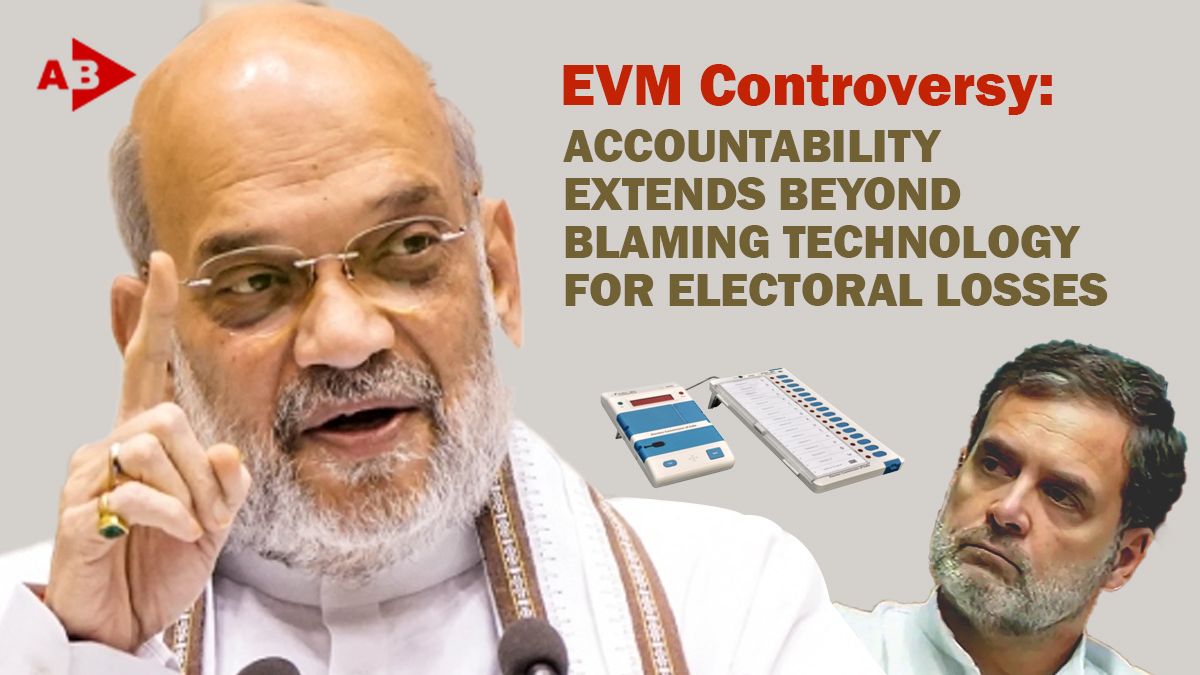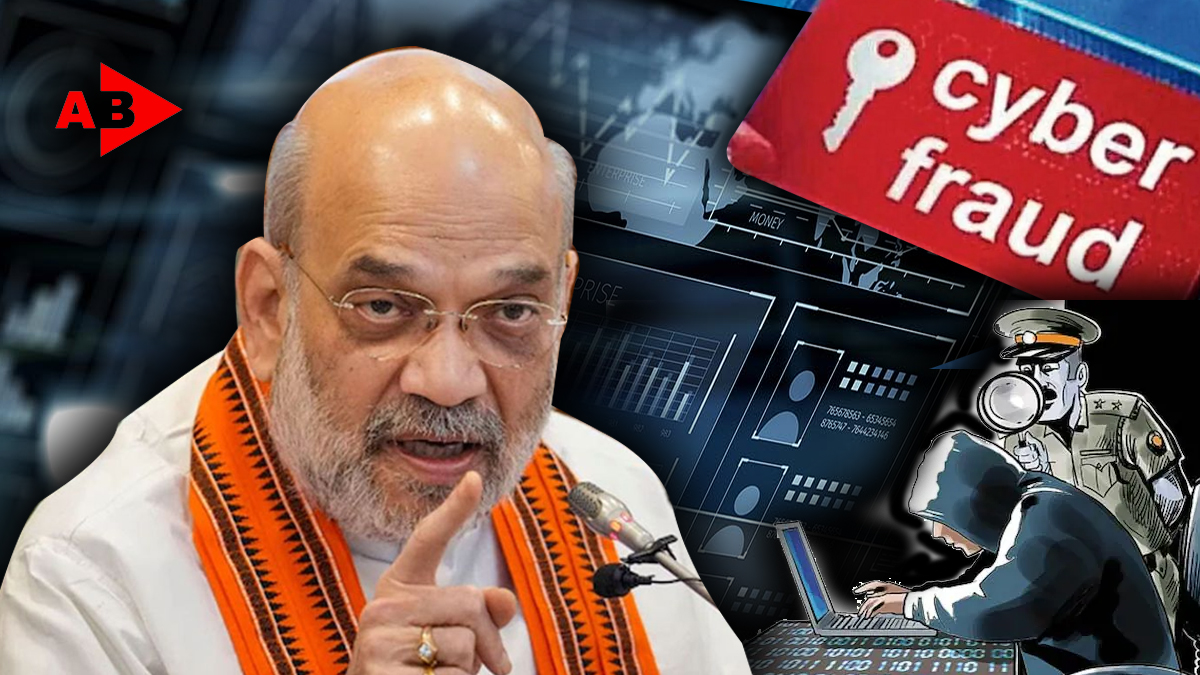
Central Home Minister Amit Shah criticizes Congress leaders, asserting that accountability extends beyond blaming technology for electoral losses.
Amit Shah’s latest statements address the EVM controversy and the hypocrisy of opposition leaders. He stresses the need for grassroots engagement and criticizes those who fail to accept electoral defeat gracefully.
Jotirmoy Roy, ABB News, New Delhi: In an electoral landscape increasingly fraught with allegations and uncertainties, the controversy surrounding Electronic Voting Machines (EVMs) is a perennial topic of discussion. Recently, Amit Shah, India’s Central Home Minister, made headlines with his pointed critique of opposition leaders, particularly Rahul Gandhi, in the context of these allegations. He emphasized a crucial point that transcends technical debates over voting mechanisms: the accountability and preparedness of politicians in the electoral process.
Shah’s remarks underscore a growing sentiment among ruling party leaders that many opposition figures lack grassroots experience, noting that they are often “big shots’ sons” who have never labored at polling booths. This statement, while cutting, reflects a broader concern about the nature of contemporary politics where some leaders appear detached from the realities faced by the average voter. The suggestion that humility and hard work at the booth level can counteract the inevitability of electoral defeat is a call for a more engaged and responsible political class.
When it comes to EVMs, Shah’s assertions that the opposition finds them acceptable when they win elections but pins the blame on them when they lose resonates with many voters’ frustrations. His analogy, stating that the opposition’s stance resembles “nanch na jaane aangan teda,” aptly captures the confused and inconsistent arguments presented by those who fail to own their electoral losses. When the narrative shifts drastically based on the outcome, it raises questions about the sincerity of those making these claims.
Moreover, Shah pointed out that questions regarding polling protocols have longstanding precedents, referencing their origins during T.N. Seshan’s tenure as Chief Election Commissioner. This historical context highlights the structured processes in place to ensure electoral fairness, challenging the narrative that EVMs are inherently flawed or designed to favor one party over another. Such insights remind us that elections are complex ecosystems influenced by myriad factors, including candidate preparation, campaign strategies and public engagement.
The critical takeaway from Shah’s remarks is the importance of accepting defeat with grace and using it as an impetus for growth. Politicians must go beyond mere blame and reflect on what they could have done differently, whether in their outreach efforts, policy proposals, or on-the-ground campaigns. It is this introspection that can lead to meaningful change rather than a cycle of grievances directed at technological failings.
In conclusion, the EVM conversation is symptomatic of a deeper issue: the need for political accountability and a commitment to earn the public’s trust. Rather than perpetually questioning the integrity of the voting machines, leaders like Rahul Gandhi and others in the opposition would do well to focus on strengthening their political connections and strategic approaches. As Amit Shah aptly noted, electoral success is not determined in five-star hotels; it is forged in the trenches of India’s villages and towns, where real engagement with the electorate can make all the difference. Only through hard work and humility can politicians hope to reclaim the narrative and demonstrate that they are worthy of the votes they seek.


